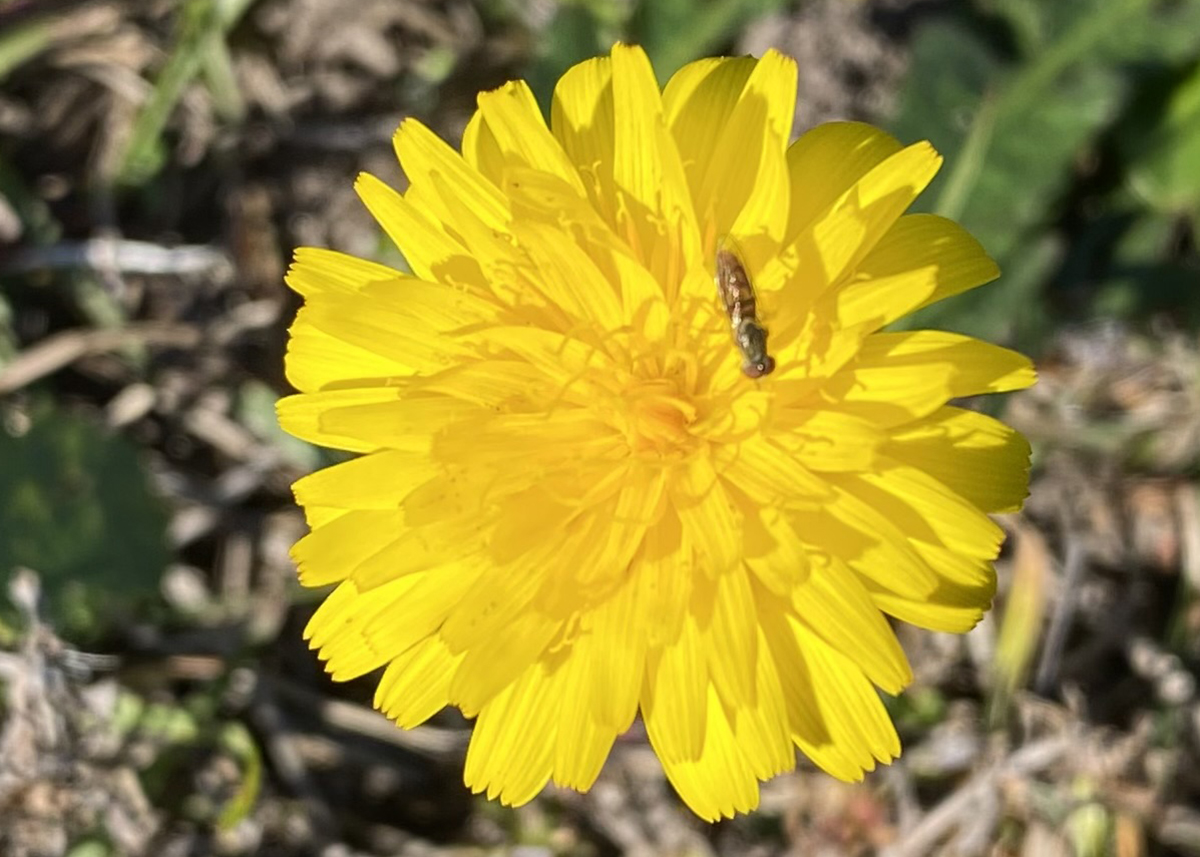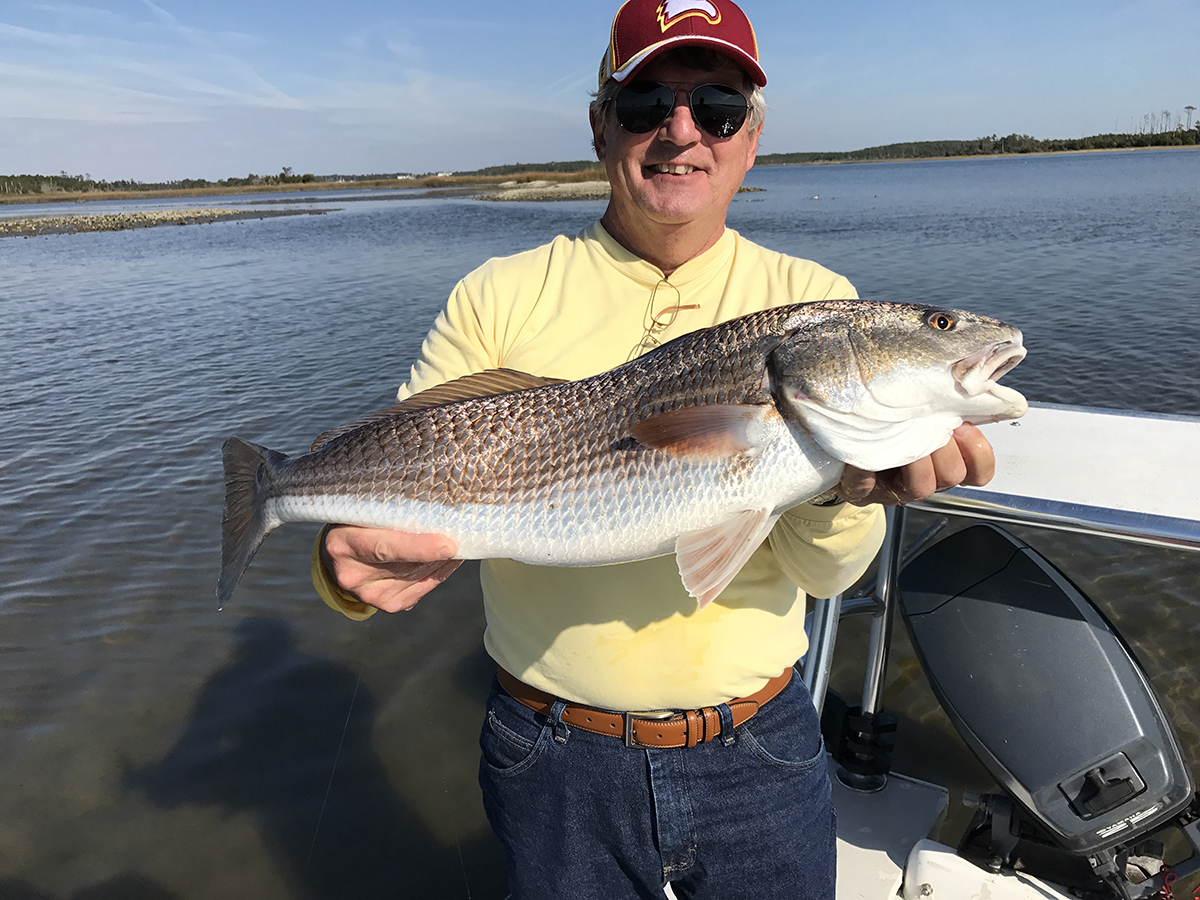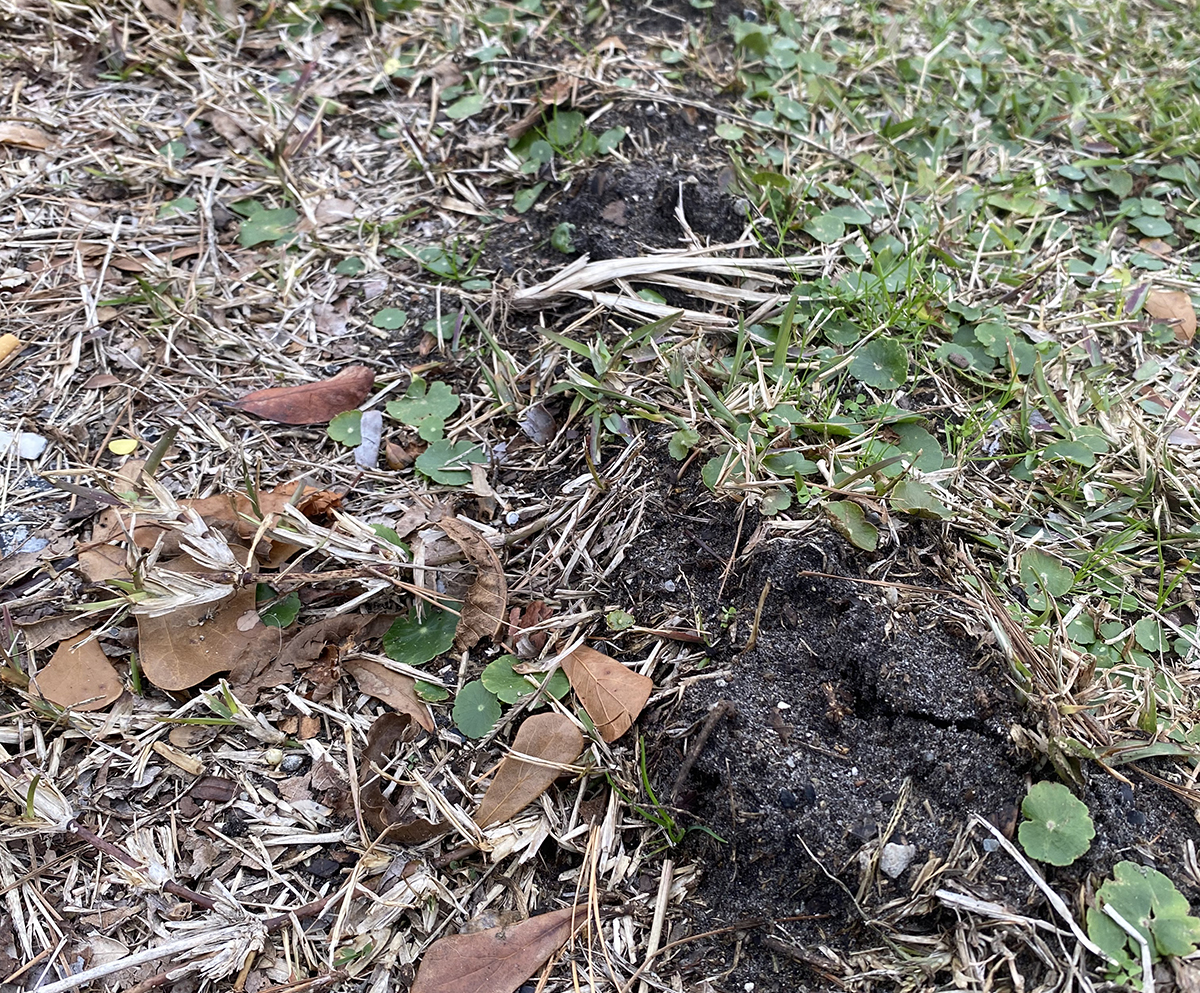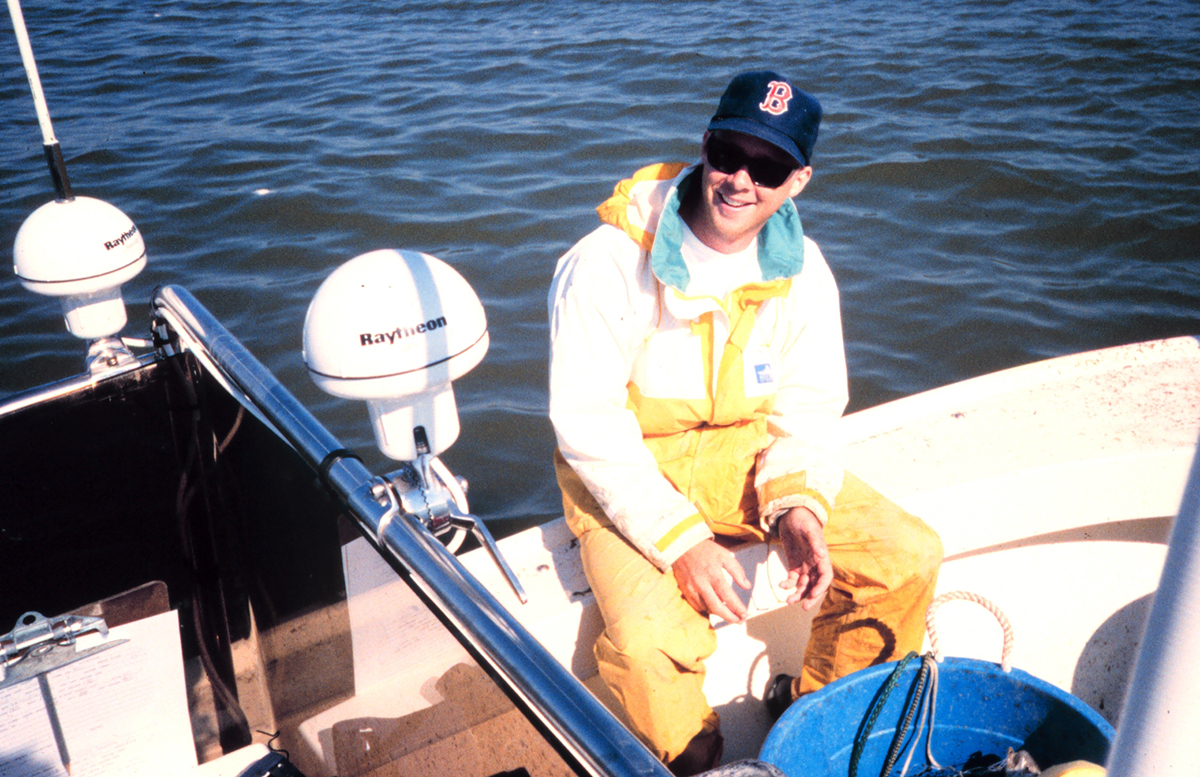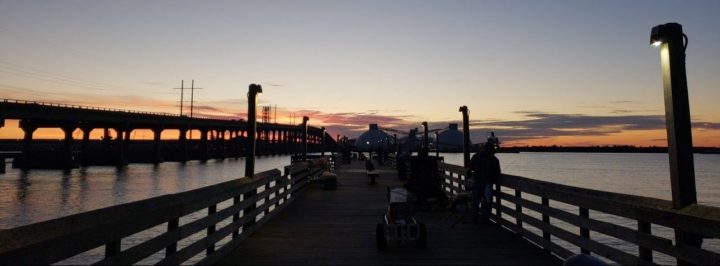
“I like to fish recreationally, but if I can help feed somebody, I definitely would jump on any and every chance to do that,” a recreational fisherman from Carteret County said. “If I catch anything that I know somebody can eat, I take it to them. I know a lot of hungry people.”
This was a fairly typical comment collected over the past year by three graduate students in Duke University’s Coastal Environmental Management program. The “Fishing for Food” master’s project that I helped spearhead interviewed 80 recreational fishers to see what we could learn.
Supporter Spotlight
Preliminary research showed that while this area has had a reputation as a fishing region for centuries, little effort has gone into understanding the values, motives, and perceptions associated with recreational fishing for food. That is why Alexie Rudman, Maggie Chory, and I decided to make it the focus of our master’s project.
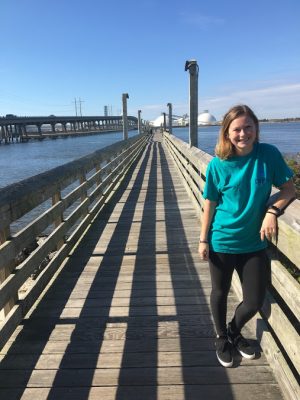
Now that we’ve presented our results and received our degrees, it’s time to share what we found with the community it affects.
Among the many things we learned in our interviews conducted on public infrastructure in Carteret County — specifically the Newport River pier and the Grayden Paul Bridge — is that a large percentage of folks fish to supplement their diet. For many, it’s an important source of food. And beyond that, many who fish share what they catch with others who might face food insecurity.
And, before going on, I should say that after we conducted most of our interviews, the Grayden Paul drawbridge was torn down, which removed an important site for the subsistence fishing population.
Although we studied a variety of values and perceptions relative to subsistence fishing, perhaps the most important thing we discovered that could have implications along North Carolina’s coast involves the availability of a subsistence fishing license waiver of which only a few of the fishers we spoke with were aware.
Supporter Spotlight
This waiver is formally known as a “Unified Subsistence Inland/Coastal Recreational Fishing License Waiver.” Upon request, this waiver can be issued by the county’s Department of Social Services to individuals who receive benefits from food stamps, Medicaid, or the North Carolina Department of Health and Human Services’ Work First Family Assistance. It is important to note that this waiver is not issued through the Wildlife Resource Commission — the folks who oversee the fishing license program — but must be requested specifically through the county’s Department of Social Services, or DSS.
Why is this important? Well, if a person is fishing to put food on the table, a $15 fishing license can be a major expense.
In our semi-structured interviews of fishers, we asked whether they were aware of the North Carolina Department of Environmental Quality license waivers for individuals on food stamps, Medicaid or Work First Family Assistance. Of those interviewed, only a handful acknowledged they were explicitly aware of the subsistence license waiver.
When we asked a follow-up question: “Would knowledge of availability of the waiver be valuable to people who fish here?” the answer was an overwhelming “yes.”
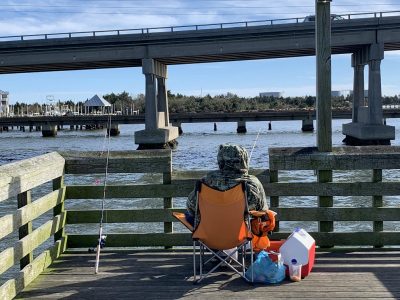
“I mean there’s a lot of people that fish down here because they need to supplement their food stores in their house,” said one fisherman. “So, if they knew they were able to get a free fishing license … more people would probably be out here.”
“This pier, in particular, draws a lot of local folks whose resources are limited,” said a different fisher on the Newport River pier. “So yeah, I absolutely believe it would be beneficial.”
As a result of our research, we recommended that recreational fishers who meet the requirements of the subsistence license waiver (1) be made aware that it exists, and (2) be made aware of where and how to obtain one. In order to achieve these goals, we contacted the Carteret County DSS and presented our results and suggestions.
Cindy Holman, consolidated human services director of Carteret County DSS, accepted our suggestions and said the department is working to make the subsistence license waivers more visible to those who might benefit from them. In addition to posters already displayed in the lobby, DSS generated a press release that was distributed to all Health Department and DSS staff, the Consolidated Human Services Board, and 18 media contacts to help educate the community about the subsistence waivers. DSS is also researching the possibility of providing staff with a flyer or brochure that could be distributed when taking applications for Food and Nutrition Service (FNS), Medicaid, or Work First Family Assistance.
It is important to note that citizens are not eligible for the fishing license waiver when they are applying for benefits, but only after they have been approved or found to be eligible for FNS, Medicaid or Work First Family Assistance. DSS staff urges clients to return upon approval to obtain one.
To stimulate discussion and debate, Coastal Review Online welcomes differing viewpoints on topical coastal issues. See our guidelines for submitting guest columns. The opinions expressed by the authors are not necessarily those of Coastal Review Online or its publisher, the North Carolina Coastal Federation.



